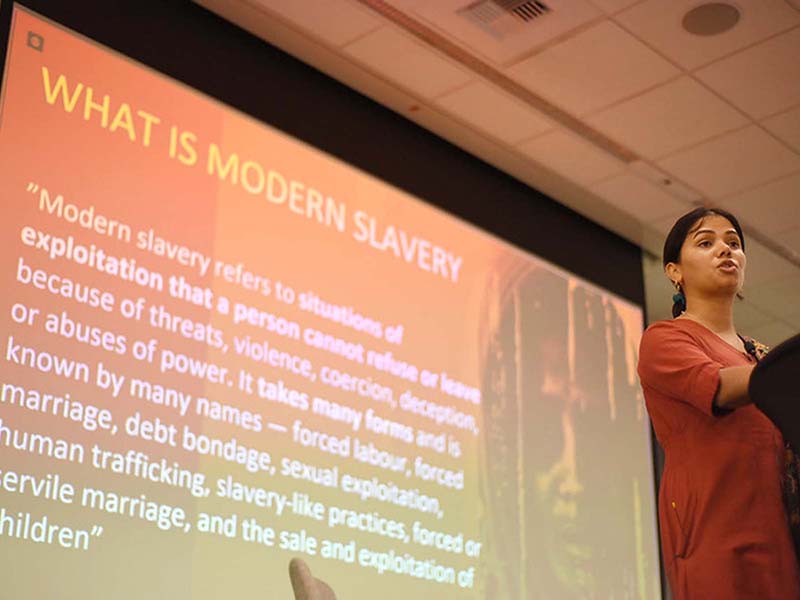The Challenge
Ever since BSR was founded, we have been working with business to address human rights impacts, from labor rights abuses in global supply chains to freedom of expression on the internet.
Though human rights is not a new challenge to business, one of the big obstacles has been a lack of consensus and clarity on the exact responsibilities of business and a dearth of resources to help companies meet those responsibilities.
After UN Special Representative John Ruggie’s Protect, Respect, Remedy Framework provided that consensus in 2008, BSR supported Ruggie’s UN mandate to help find answers to the next question: How companies can ensure that they do not infringe upon human rights?
Our Strategy
As Ruggie and his team set out to develop the UN Guiding Principles on Business and Human Rights, our support for their work was based on three objectives:
- Share BSR’s experience and perspective with the UN mandate to help shape the principles.
- Connect the UN mandate with BSR member companies to enable mutual learning.
- Help companies implement human rights strategies and management systems aligned with the principles.
BSR provided input to the UN mandate as a stakeholder at in-person and online consultations, and we hosted representatives from the UN mandate at in-person events in Tokyo and Hong Kong and at virtual events for our members in North America and EMEA. These events covered topics such as human rights strategy, due diligence, and grievance mechanisms.
We also hosted Ruggie and his team at the annual BSR Conferences to share their thinking and gather business leaders’ perspectives on what does and does not work when managing human rights impacts.
Most importantly, we held several cross-industry and sector-specific workshops for our members, and we worked one on one with companies such as Johnson & Johnson, Microsoft, Teck Resources, and Telefonica to develop human rights policies and management systems. After the Guiding Principles were published, we developed sector-specific assessment frameworks and strategic guidance, such as our 2011 report on applying the Guiding Principles in the information and communications technology (ICT) sector.
Our Impact
Since 2008, we have worked with companies in the ICT, extractives, energy, media, consumer products, automotive, and financial sectors on how to implement the Guiding Principles. In May of 2012, we launched the BSR Human Rights Working Group. In all of our work, we use the UN Guiding Principles as a baseline for companies, but we also go “beyond respect,” helping companies identify opportunities to use their core competencies to help advance human rights.
Lessons Learned
A key lesson we draw from this work is the importance of collaboration when addressing complex challenges. The UN mandate’s inclusive stakeholder engagement approach led to a global consensus in an area that as recently as 2005 saw almost complete disagreement between business and human rights groups.
We also learned that while the human rights risks faced by each industry are very different and require unique responses, many sectors share common management challenges. For example, a mining company obligated to use an abusive military force to protect its mine, and an ICT company required by local law to filter human rights content from online searches face the same challenge: how to effectively use their limited leverage over the government to change the negative behavior.
Let’s talk about how BSR can help you to transform your business and achieve your sustainability goals.








